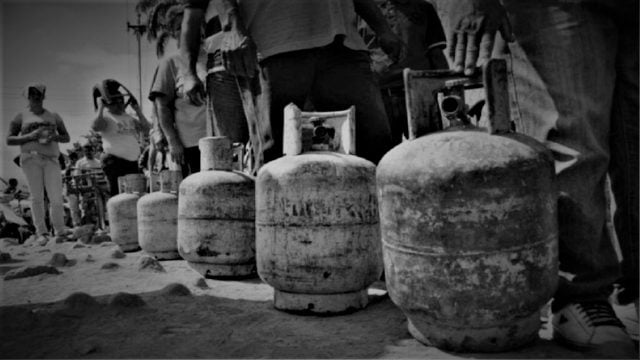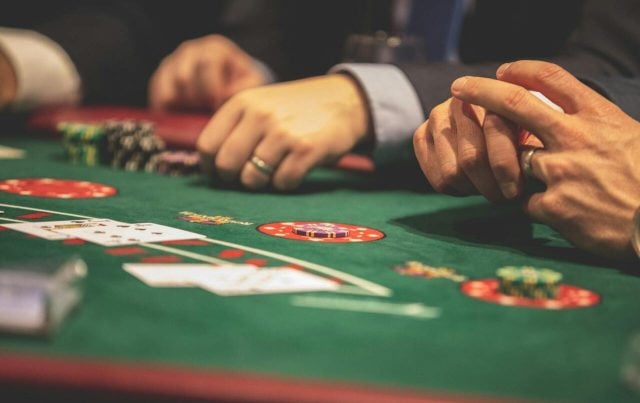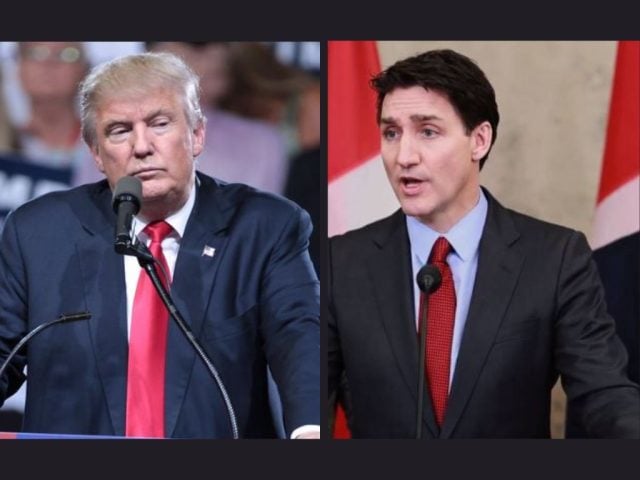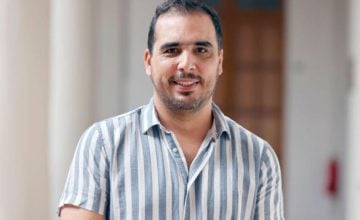The failures in the supply of drinking water and domestic gas in Venezuela have become increasingly recurrent and profound. In Caracas – the capital – and nearby states, the intermittence of these services can be for days, but the wait in other regions is even much longer, which leads the population to try to solve it on their own.
During the electoral campaign for the parliamentary elections of December 2020, the greatest demand of the population was attention to public services, which have also been the target of sabotage for political purposes, as denounced by the Government. As a response, the Legislative Power advances two proposals that they aspire to turn into organic laws, states a report by RT.
However, the scenario is not simple. Although President Nicolás Maduro considers that public services are not self-sustaining and that the people should «pay what is fair» so as to maintain their infrastructure. His position has generated controversy because he suggests increasing rates when the population has lost almost all purchasing power. It seems like an unsustainable proposition.
However, the president has advanced that he is looking for «formulas» to recover the salary of workers and pensioners, since the minimum salary is located at 3.5 dollars, an income that would prevent them from paying an increase in public services (currently subsidized in almost 100%).
«We are looking for formulas, here, there, we are finding some that can be very successful, but as you know, whatever is advertised in relation to that, immediately the wild capitalist market ‘swallows’ it, makes it salt and water», Maduro declared recently. For its part, the private sector has long adjusted its rates to the hyperinflationary rhythm, a phenomenon that Parliament’s Finance Commission intends to stop with an indexation proposal.
What is the Venezuelan Parliament doing?
Willian Gil, deputy of the United Socialist Party of Venezuela (PSUV) and president of the Administration and Services Commission of the Legislative Power, argues that one of the priorities is to legislate on public services.
Referring to Maduro’s approach, Gil emphasizes that although it is not the competence of parliament to set rates, the debate is open. For him, one option would be the establishment of «maintenance» contributions for «large consumers», such as industries and shopping centers.
Likewise, the parliamentarian says that he does not endorse the application of a «big fee» against the population. On this, he points out: «We agree not to continue giving away public services [whose payment currently does not exceed one dollar a month] and we agree that it must always be protecting the pocket of Venezuelans through the Carnet de la Patria«, he said. in an interview for RT.
For this reason, he emphasizes that the commission under his charge is working on the drafting of «two fundamental laws»: the Organic Law on Water and the Organic Law on the Provision of Domestic Gas Service.
«A single body of law»
Access to drinking water and sanitation are enshrined by the UN as «essential for the realization of all human rights», and this puts the issue of supply at the center of the Venezuelan legislative agenda.
Gil indicates that «a single body of law» is drawn up to integrate the regulations in force that have governed the sector since 2007 and that also allows the Ministry in charge – created in 2018 – to assume «all the powers» currently handled by other ministerial portfolios.
The proposal, which has already been presented to the Board of Directors of the parliament, also seeks that the communities organized in ‘Mesas Técnicas de Agua’ (Technical Water Tables) have the power to «improve the provision», as well as access technical training to assume the «corrective and preventive maintenance» service. According to Gil, this would help prevent people, outside the community, from lending themselves to sabotage, such as diverting the water course to other places «without any control».
Another important element is sustainability, «which has to do with charging for the service». To do this, they propose a «cross subsidy» for residential consumption, which comes from the contribution of the largest consumers. «Who consumes more, contributes more». So we could have a subsidy for the Venezuelan family, due to the difficult situation in which the salaries are, which have been badly hit by this criminal blockade», pointed out Gil.
The proposal includes a special chapter on the use of the resource, and aims to delimit what concerns sewage, drinking and reuse water, so that State agencies and the private sector are obliged to use water treatment plants to create, for example, cycles for the maintenance of green areas and cleaning tasks.
The law will also have an educational chapter, in order to explain the origin of the water scarcity. This section also raises the efficient management of the rainy season, as well as the protection of aquifers.
«It is already very advanced»
Another of the laws is that of domestic gas, a service deeply affected to the point that it is scarce in regions far from Caracas, where the population resorts to the use of firewood and electric stoves (when the supply is stable) for cooking.
For Gil, the law is of utmost importance as a regulatory framework to improve supply and «it is already well advanced». The fundamental thing – he considers – is to ensure that the gas service arrives through pipelines in the big cities and the cylinders are only for areas where pipes cannot be installed or «it is very expensive to install pipelines».
The issue of gas is especially sensitive in the country, not only because of the essential supply, but also because of the corruption plot discovered last February in the State company PDVSA Gas Comunal, where there was irregular distribution of cylinders and it involved its former president, Jacob Gray, according to the attorney general, Tarek William Saab.
While the Parliament advances in this direction, the Executive tries to stop the deterioration of the living conditions of the population, in the middle of a complex panorama of financial blockade, loss of its main sources of income (due to the US sanctions), pandemic and dynamics such as hyperinflation, which especially attack the poorest.
A blockade with serious consequences in Venezuela
Currently, the imposition of unilateral coercive measures by the US not only has serious consequences for the government’s room for maneuver, but also severely affects the quality of life of Venezuelans.
In fact, Gil explained that these sanctions prevent the country from importing the machinery and spare parts necessary to maintain public services, especially those that depend on American and European technology.
“More than 64% of the equipment installed in Venezuela is of German and North American technology, that is, totally dependent on imported technology, which are the countries that are blocking us. In cities like Caracas, for example, we have to pump water through pipes up to 1,900 meters of altitude, which requires a great effort in pumps and electrical panels», explained Gil.
This situation, which particularly hits the population, has been denounced by Caracas to the Prosecutor’s Office of the International Criminal Court (ICC) in the file Venezuela II, which asks the ICC to investigate the alleged commission of crimes against humanity, «as a result of the application of illegal coercive measures taken unilaterally by the US government», at least since 2014.
Last February, the UN Special Rapporteur for Human Rights, Alena Douhan, acknowledged that the US sanctions against Venezuela have caused «a devastating» and «catastrophic» effect on the lives of Venezuelans, thus she called on Washington to «reconsider and lift» these measures.
But while the complaints about the Venezuelan situation are processed at their own pace, from the Venezuelan Parliament they try to advance at a speed that can stop the unstoppable deterioration of services, and offer a response to the population that led them to those seats with urgent demands.











